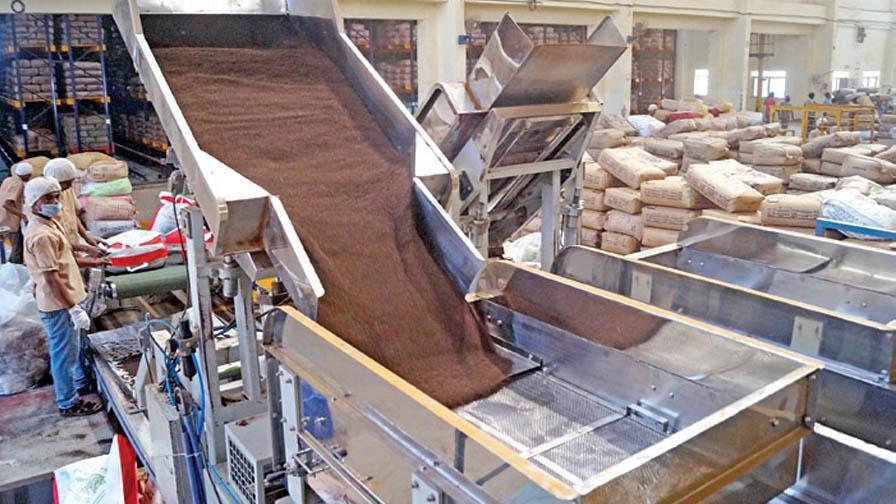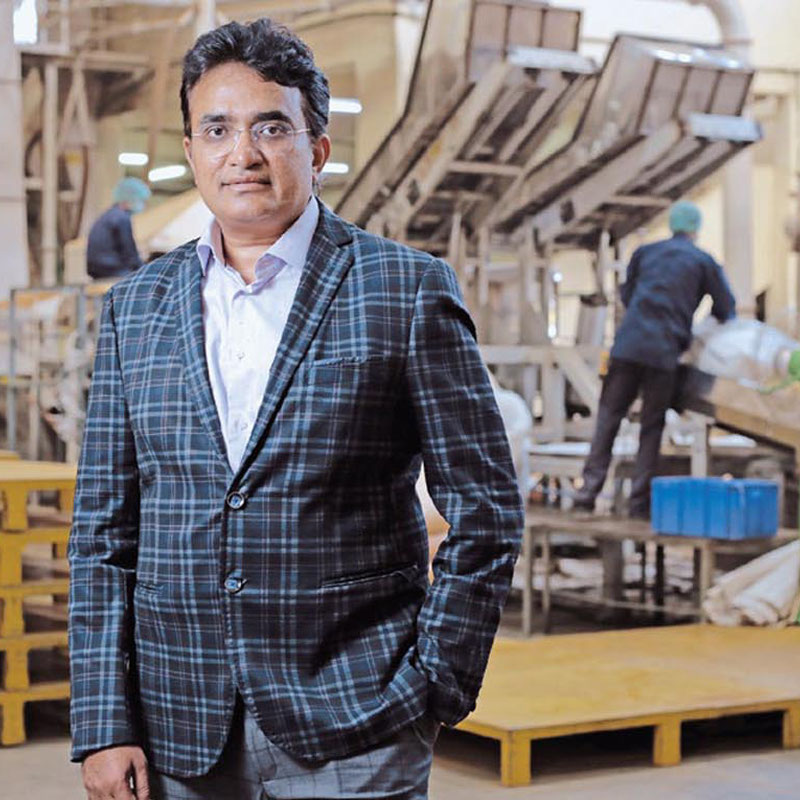A framed, enlarged facsimile of a handwritten note has pride of place on the wall of the conference room at the Rs1,100 crore Wagh Bakri Tea’s corporate headquarters in Ahmedabad. The note, with a printed heading that says Servants of India Society, Poona City, reads: “I knew Mr Narandas Desai in South Africa where he was for a number of years a successful tea planter.” It is dated 12th February 1915 and signed M.K. Gandhi. Devout Gandhian, Narandas Desai was one of a group of Gujarati tea planters in South Africa who took a ship in 1892 to come to India to help in the fight for India’s Independence from British rule. “They thought the struggle would be over in five years or so, they would achieve for their native land, and they could go back to their plantations,” says his great-grandson Parag Desai, executive director of Wagh Bakri. “Little did they know that they would be fighting for more than 50 years, and they would settle down in Ahmedabad!” Narandas, who knew almost nobody in the city of his ancestors, went to Gandhi, whom he had got to know during the latter’s South Africa sojourn, and asked him for an introduction letter to prominent local businessmen who could help him set up something on his own. He knew nothing other than tea from which he could make a living – so that’s what he decided to do: he opened a small shop from which he supplied tea to the workers of what was then Ahmedabad’s biggest industry, textile mills. Business grew, and he opened more shops; then he began sourcing better varieties of tea from the plantations across the country in West Bengal and Assam, and selling good blends to better- off clientele too. That’s where the brand name came from: the concept of a middle class had not yet emerged in those days, so the rich, symbolised by the tiger (WAGH), and the poor, the goat (bakri), were his only customers. His Gujarat Tea Depot, which he launched in 1919, grew to seven outlets, through which his three sons Ramdas, Ochavlal and Desai, followed by their sons, continued to sell tea in the wholesale and retail markets till 1980. It was then that they became the first to recognise the need for packaged teas, and launched Gujarat Tea Processors and Packers Ltd (GTPPL). The company also started an office in Kolkata to oversee and check the purchase of tea at auction centres there. How has Wagh Bakri weathered the markets and stayed on top for 100 years? Says Piyush Desai, the founder’s grandson and currently chairman and managing director: “The company has gone through various trade and industry upheavals and has also seen challenging times and significant industry disruptions. But we have successfully managed to keep our distribution, new products and quality standards very high for our discerning consumers.” For this, he explains, the group has created a robust supply chain to get quality teas, tasting facilities in various locations including a new-age tea tasting laboratory, which has been approved by the Department of Science and Technology’s National Accreditation Board for Testing and Calibration Laboratories (NABL) – which, he says, is probably the first of its kind for a tea company. Along the way, it has also invested in distribution, packaging and marketing.
-

A river of blended tea is checked visually as it flows on a conveyor belt


































